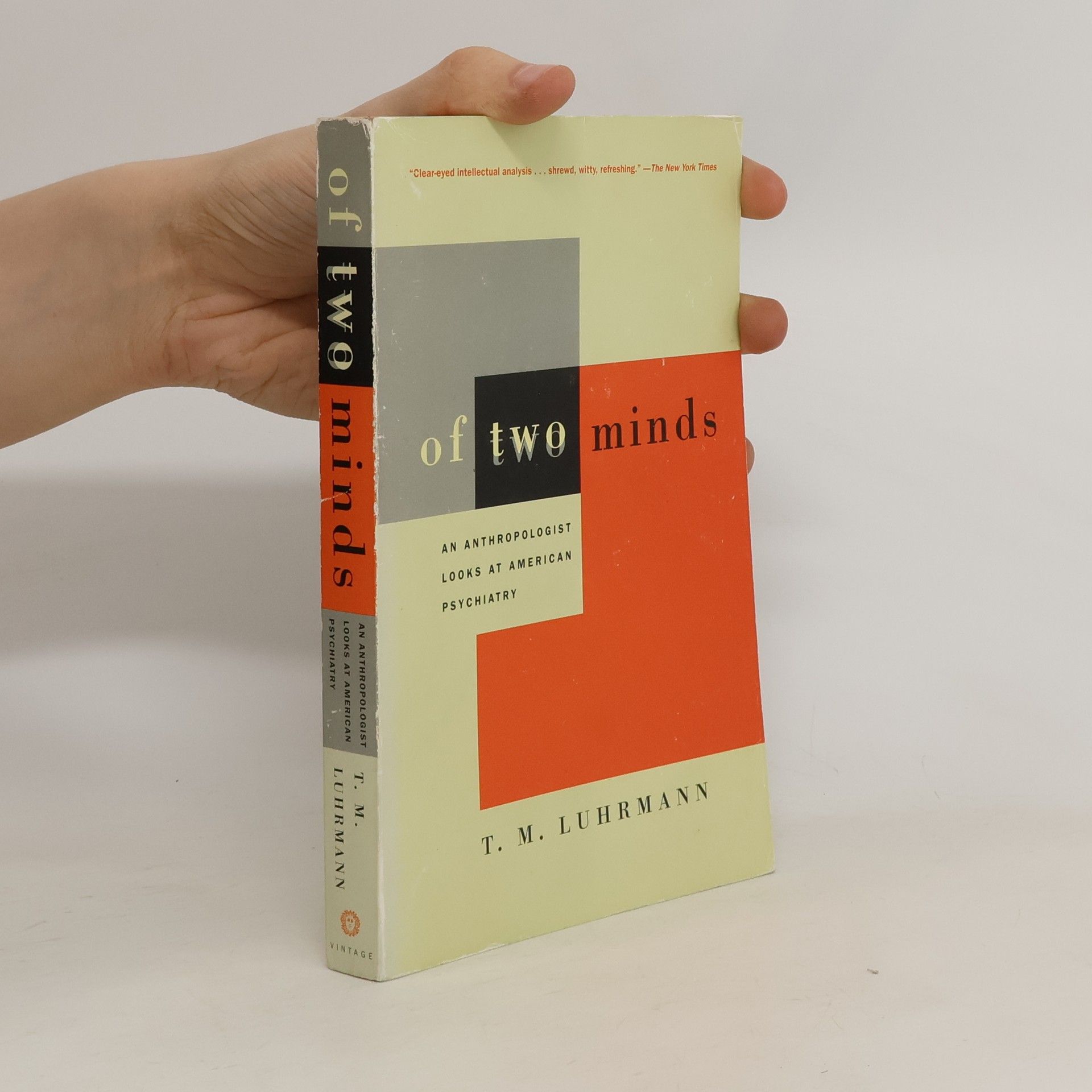How God Becomes Real
- 256pagine
- 9 ore di lettura
How do gods and spirits feel vividly real to people? The cognitive science of religion suggests that humans perceive supernatural agents everywhere, yet maintaining a belief in caring, invisible spirits is challenging. T. M. Luhrmann, an acclaimed anthropologist and scholar of religion, argues that individuals must exert significant effort to make gods real. This effort transforms them and provides the benefits they seek from these unseen entities, explaining the enduring power of faith. Through ethnographic studies of various groups, including evangelical Christians, pagans, magicians, Zoroastrians, Black Catholics, Santeria initiates, and newly orthodox Jews, Luhrmann reveals that worshippers actively create a world where invisible others are significant and can feel intensely present. They achieve this through storytelling, absorption, cultivating inner senses, believing in a porous mind, strong sensory experiences, prayer, and other practices. Luhrmann explores why faith is more complex than mere belief, likening prayer to a therapeutic activity, and comparing the experience of becoming religious to getting engrossed in a book. This insightful account highlights that religious practices wield greater power than beliefs, suggesting that faith endures not because it offers intuitions about the divine, but because it profoundly transforms the faithful.

